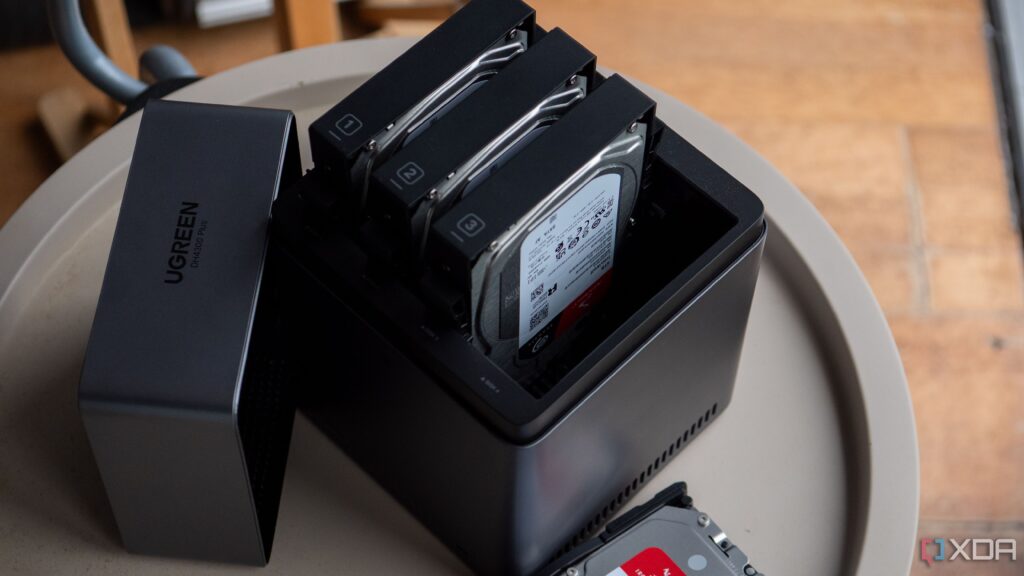
URGENT UPDATE: Home lab enthusiasts are reconsidering the use of Docker directly on their NAS systems, citing significant performance issues and risks. Experts reveal that separating computing from storage could dramatically enhance system efficiency and reliability.
Just announced, a growing number of users are reporting that running Docker containers on their NAS not only hampers performance but also creates a critical single point of failure. Many are now opting to transition their Docker stacks to dedicated machines, such as the Intel N150-based mini PC, a move that has proven effective and low-cost.
The change is particularly crucial for users relying on NAS for both storage and computing. By consolidating these roles, users have reported improved performance across their systems. One home lab enthusiast stated, “Moving my containers and VMs to an all-flash mini PC has meant my RAID array can focus solely on long-term storage and backups.”
This shift marks a significant trend as the demand for more efficient home lab setups rises. Running Docker on underpowered NAS systems can lead to severe performance degradation. Reports indicate that many NAS devices, including popular models from Synology, are not equipped to handle the demands of containerized applications. Users have experienced slowdowns and increased wear on mechanical hard drives, exacerbated by Docker’s reliance on virtualized storage drivers.
Furthermore, the limitations of NAS operating systems, like DSM from Synology, have frustrated many users. The interface has been criticized for being restrictive and cumbersome, complicating common tasks such as adjusting container settings. One user expressed frustration over the transition to a proprietary Container Manager, stating, “What should be simple Docker usage has turned into a drawn-out mess.”
The issues extend beyond usability to fundamental system architecture. Users have noted that the performance bottlenecks of NAS CPUs, often underpowered for heavy workloads, have led to a substantial decline in overall system efficiency. “Running Docker alongside NAS tasks was often too much for the processor,” one user recounted.
With the increasing complexity of containerized applications, the need for ongoing support and compatibility is crucial. Many NAS devices lag in updating their kernel and Docker versions, leading to compatibility issues. The inability to easily upgrade these systems can result in service disruptions, as users may need to rebuild their Docker stacks entirely or deal with inadequate support for essential updates.
As the home lab community evolves, the consensus is clear: the traditional setup of running Docker on NAS is becoming outdated. Users are now advised to invest in dedicated hardware, allowing NAS systems to return to their core function of reliable data storage. This shift not only mitigates the risks associated with a single point of failure but also enhances the overall performance of both computing and storage tasks.
In an era where efficiency and reliability are paramount, home lab users are encouraged to rethink their setups. The trend towards separating Docker environments from NAS systems is gaining momentum, with many already reaping the benefits. As more users share their success stories, it’s evident that the best practice for home labs lies in specialized hardware tailored for containerization.
Stay tuned for further updates as the home lab community continues to adapt and innovate in response to these developments.





